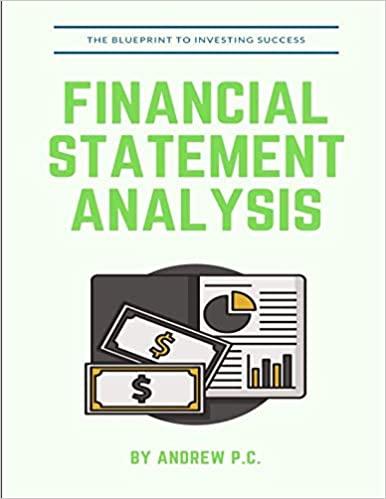Question
5. The dividend payout ratio is typically defined as the percentage of the firm's residual cash flow (what's left over after all claimants have been
5. The dividend payout ratio is typically defined as the percentage of the firm's residual cash flow (what's left over after all claimants have been paid) that flows to the shareholders in the form of a dividend. In many cases the quoted dividend is the annual dividend, although it is typically paid out in quarterly chunks. Suppose that Samsonite Inc. has a payout ratio of 60%. What is its annual dividend if its residual cash flow is $2.50 per share? $ What is its quarterly dividend? $ Place your answers in dollars and cents without the dollar sign
6. A firm's dividend payout ratio is defined as the percentage of the residual cash flow paid to the shareholders in the form of a dividend. Suppose that a particular stock, with a residual cash flow of $5.00 per share, has paid a dividend of $0.60 per share. In this case, what is the stock's dividend payout ratio? % Place your answer as a percentage without the present sign. For example, if your intended answer is six point five three percent, then submit 6.53.
Step by Step Solution
There are 3 Steps involved in it
Step: 1

Get Instant Access to Expert-Tailored Solutions
See step-by-step solutions with expert insights and AI powered tools for academic success
Step: 2

Step: 3

Ace Your Homework with AI
Get the answers you need in no time with our AI-driven, step-by-step assistance
Get Started


